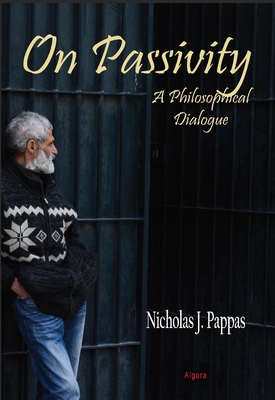This book is a dialogical exploration of the idea of passivity, with a focus on mental passivity/activity and the interface with what is often thought of as âdoingâ or âactingâ.
In this dialogue we meet two characters, Director...
This book is a dialogical exploration of the idea of passivity, with a focus on mental passivity/activity and the interface with what is often thought of as âdoingâ or âactingâ.
In this dialogue we meet two characters, Director and Friend, as they explore the idea of passivity while attending a wedding reception. Conversation between the two quickly launches into an assertion by Friend regarding Directorâs pending resignation and a perception of passive behavior. This exchange ignites a spark in both characters about what it means to be passive. Throughout the dialogue they explore these core questions:
- What is passivity and is it inherently bad?
- How do we demonstrate both active and passive thought?
- Why should we concentrate on thought?
The conversation about passivity leads outside the wedding reception to a walk near the harbor. Director and Friend go beyond a definition of passivity and investigate the role thought plays in both passivity and activity. Is thinking doing nothing? What is thought? Are we passive when we think, only to become active when we âdoâ? How do we bridge the gap between activity and passivity?
Director and Friend have worked up an appetite while discussing all their questions. The last scene of the dialogue takes place at a restaurant. The role thought plays in gaining knowledge, reasoning, telling the truth, and living life are concepts disassembled and reassembled in a courageous and active way. Can we be true to ourselves and accepted for what we choose to âdoâ even if it seems passive to those around us? As the scene ends, we see a glimpse of how scary it might be if everyone were active all the time. In brief, weâre left rethinking everything.
The dialogue prompts readers to think about the meaning of words spoken and unspoken as well as the meaning of actions, those done and undone. It leads us to think about the perspectives of people described as passive and those described as active. Remembering times in our own lives when weâve chosen passivity over activity and times when we were unaware of our own passivity, we can think again about how we mean to live life for our best fulfillment.















